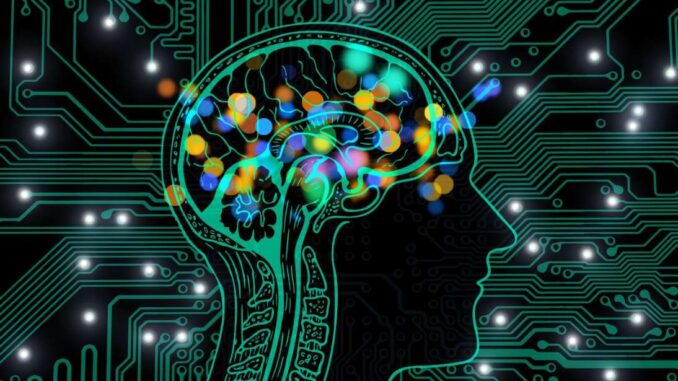
Indeed, AI holds transformative potential across a wide range of sectors and applications. As a powerful tool, it can fundamentally change how we approach complex problems,
enhance efficiency, and drive innovation. Here are several key areas where AI’s transformative potential is particularly evident:








### 1. **Healthcare Transformation**
– **Diagnostics and Predictive Analytics**: AI algorithms are being developed to analyze medical images, genetic information, and electronic health records. This technology can lead to earlier and more accurate diagnoses of diseases such as cancer, diabetes, and cardiovascular conditions.
– **Personalized Medicine**: AI can help tailor medication and treatment plans to individual patients based on their unique genetic makeup, lifestyle, and co-existing health conditions, improving treatment effectiveness.
– **Drug Discovery**: AI accelerates the drug discovery process by predicting how different compounds will react, allowing for faster identification of potential medications.
### 2. **Economic Efficiency and Growth**
– **Operational Optimization**: In industries such as manufacturing, logistics, and supply chain management, AI is used to optimize processes, reduce waste, and improve resource allocation, leading to significant cost savings and productivity increases.
– **Financial Services**: AI enhances trading algorithms, risk management, and fraud detection in finance, improving efficiency and reducing financial risks.
### 3. **Environmental Sustainability**
– **Smart Resource Management**: AI can optimize the use of natural resources, such as water and energy, by predicting consumption patterns and facilitating more sustainable practices across various sectors.
– **Climate Modeling and Mitigation**: Advanced AI models help predict climate changes and assess the impact of various sustainability initiatives, enabling better planning and implementation of climate action strategies.
### 4. **Education Enhancement**
– **Personalized Learning**: AI can adapt educational content to meet the needs of individual students, providing personalized learning experiences that improve engagement and educational outcomes.
– **Administrative Efficiency**: AI can automate administrative tasks, such as grading exams and managing student records, allowing educators to focus more on teaching.
### 5. **Transportation and Mobility**
– **Autonomous Vehicles**: AI is at the core of the development of self-driving cars, which have the potential to reduce traffic accidents, lower transportation costs, and reshape urban planning.
– **Smart Traffic Management**: AI systems can analyze traffic patterns and adjust signals in real-time, reducing congestion and emissions.
### 6. **Governance and Public Administration**
– **Data-Driven Policymaking**: AI can analyze vast amounts of data to inform policy decisions, making governance more responsive and efficient.
– **Public Safety and Security**: Predictive policing and AI-driven surveillance systems can enhance public safety but must be implemented with careful consideration of privacy and ethical concerns.
### 7. **Cultural Impact and Creative Innovation**
– **Art and Creativity**: AI tools are being used to generate artwork, music, and literature, pushing the boundaries of what is considered creative expression and challenging traditional norms in artistic fields.
– **Cultural Preservation**: AI can assist in preserving cultural artifacts and languages by digitizing and analyzing vast historical datasets.
### Challenges and Ethical Considerations
While AI’s transformative potential is considerable, several challenges must be addressed:
– **Bias and Fairness**: AI systems can perpetuate existing biases if not carefully managed. Ensuring fairness and equity in AI applications is crucial.
– **Job Displacement**: Automation driven by AI may displace certain jobs, necessitating workforce retraining and support for those affected.
– **Privacy and Security**: The increasing reliance on data poses risks to privacy and cybersecurity, requiring robust frameworks and regulations.
– **Ethical Decision-Making**: As AI takes on more decision-making roles, ethical considerations surrounding accountability and transparency must be prioritized.
### Conclusion
The transformative potential of AI is vast, offering opportunities to improve efficiency, enhance quality of life, and address some of the world’s most pressing challenges. However, realizing this potential requires thoughtful implementation, ethical considerations, and collaborative efforts from diverse stakeholders, including governments, industry, academia, and civil society. Responsible innovation in AI will be key to harnessing its benefits while minimizing risks.

Leave a Reply